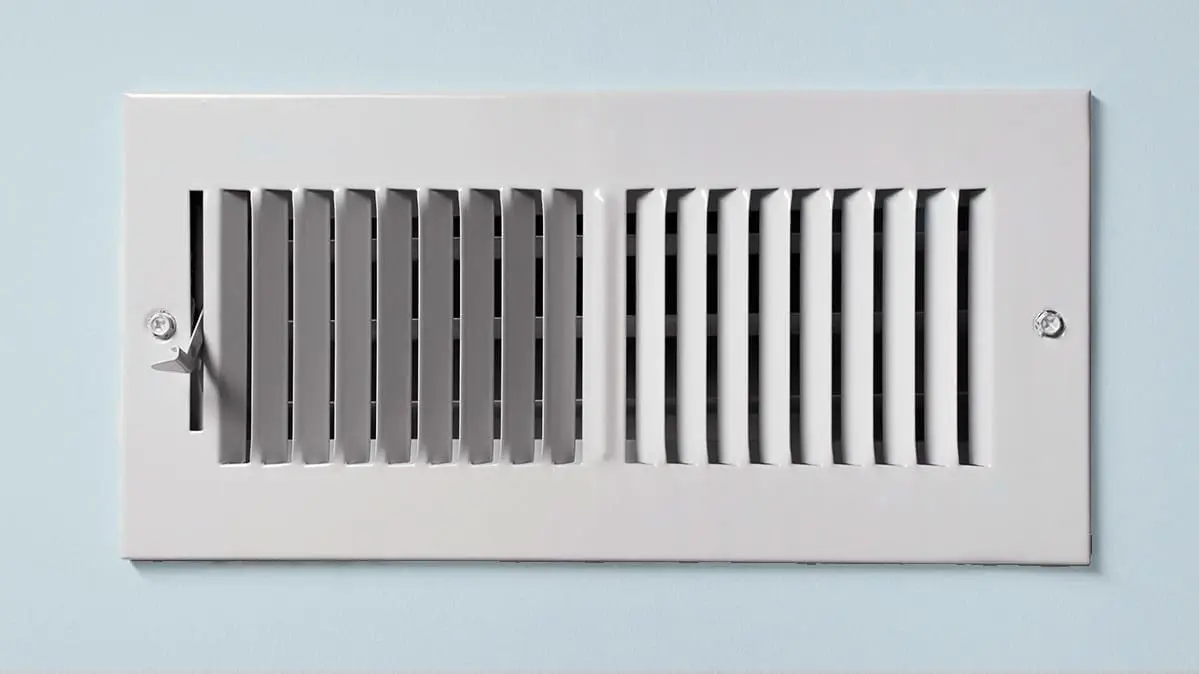8 Air Conditioner Problems and How to Fix Them
Top reasons your air conditioner isn’t keeping you cool
Once you get your air conditioner running again for the first stretch of the season, you may ask yourself: Hey, is it working as well as it used to? Better to address that question before temperatures rise from swell to sweltering.
Like any appliance, air conditioners need a little TLC to deliver optimal performance. It’s the ACs that haven’t been kept in a top-notch condition that tends to struggle most in hot weather. MORE ON AIR CONDITIONING CR’s Air Conditioner Ratings & Buying GuideCR’s Recommended Window Air Conditioners Best Window ACs of 2019Most and Least Reliable Room Air Conditioners Most Reliable Central ACs
To make sure yo u don’t sweat the next heatwave, we asked the experts at Consumer Reports and air conditioner pros to identify the most common problems that crop up with a window and central air conditioners. They highlighted eight problems to troubleshoot now.
The No. 1 problem affects both window units and central AC systems, and we’re happy to report it’s the easiest to fix. Here are eight questions to ask that will help you keep your AC in peak performance all summer long.
1. Is the Filter Dirty?
No matter which type of air conditioner you have, a clogged filter restricts airflow, decreasing efficiency and reducing the ability to effectively cool the air. If you haven’t cleaned the filter in your window or portable air conditioner recently, make sure you do and then check it periodically. Filters on central AC systems should be changed at least once a month, especially if your system is running constantly or if you have pets. “When we get calls about central air units that aren’t working well, 9 times out of 10 it’s because of a dirty filter,” says Stewart Unsdorfer, owner of Central Heating & Air Conditioning in Cleveland.
What Matters to You Matters to Us, We test thousands of products so you can create your best home. Join
Window AC Checklist
2. Is It Too Sunny Inside?
If your window AC is in a window that gets direct sunlight in the heat of the day, it’ll have to work harder to cool your space. If you have a choice, move it to a shadier spot. If not, keep your shades and curtains drawn during the day to block the sun and prevent it from heating up your house. The same goes if you have Central AC.
3. Is Warm Air Leaking In?
Check the seals around your window AC to make sure hot air isn’t getting in (or cold air isn’t seeping out). Reseal around your unit with weatherstripping if necessary.
“Most new window units come with insulation panels to place over the plastic adjustable side panels,” says Chris Regan, CR’s senior air conditioner tester. “But to maximize efficiency, you’ll still need to use weatherstripping around the perimeter of the unit. And always use the manufacturer’s installation and safety hardware.”
4. Is Your Window AC Vibrating?
Air conditioners make plenty of noise, including from the whir of the fan and the sound of the compressor cycling on and off. These noises are normal. But if you hear a vibrating noise, it may mean that your unit was installed incorrectly. Make sure it’s sitting securely in the window and review the installation instructions in your owner’s manual to confirm that no steps were missed.
Central AC Checklist
5. Is the Thermostat in the Right Setting?
With a smart or programmable thermostat, you can more easily control the temperature in your home so that it’s at a comfortable temperature when you’re there and a bit higher when you’re not. If the temperature seems off, make sure the thermostat isn’t exposed to direct sunlight, which may cause it to register the wrong temperature.
6. Are the Registers Dirty or Blocked?
If you have a forced-air heating and cooling system, regularly vacuum the registers to remove any dust buildup. Make sure that furniture and other objects aren’t blocking the airflow through your registers.
7. Are Plants Crowding the Compressor?
The outdoor compressor for central air needs adequate airflow to work correctly, so make sure there’s at least 2 to 3 feet of space between the compressor and any plants or structures. There should also be 5 feet of clearance between the top of the unit and any trees above.
8. Did You Remember the Annual Checkup?
An inspection by an HVAC (heating, ventilation, and air conditioning) technician can catch any serious problems before they get worse and leave you hot and bothered at the peak of summer. The technician will check all the moving parts, as well as the refrigerant, and recharge the system if necessary.




